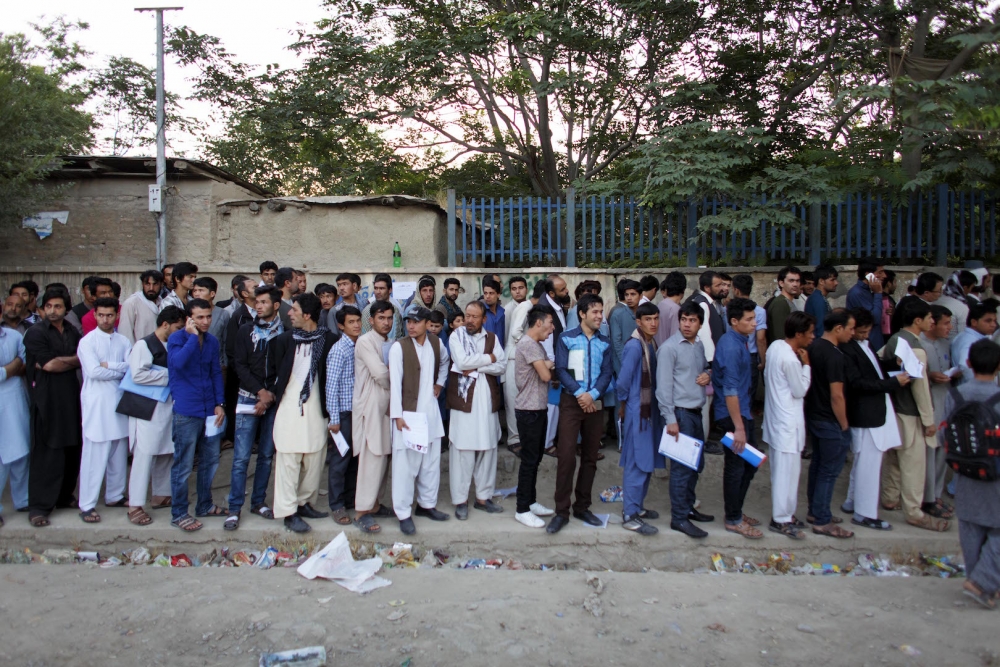POLITHEOR
European Policy Network
Afghanistan
- Home
- Afghanistan

Afghanistan – a safe third country?0
- Human Rights and Migration, Op-ed
- 13/12/2016
Recently the EU and the government of Afghanistan signed a readmission agreement, a deal made ‘migration sensitive’ as it transpires from an EU Restricted Country Fiche proposing possible leverages, dated March 2016. The EU pledges to provide financial aid for development and peace-building in exchange for Afghanistan’s approval to admit back failed asylum seeking nationals. Does this deal align with the principle of ‘non-refoulement’? Is Afghanistan a safe third country?
READ MORE
Afghan migration is a problem – but not only for Europe0
- Human Rights and Migration, Op-ed
- 25/04/2016
We are reading about migration to Europe and asylum seekers every day – among them are many Afghans. But who are they? Why do they leave their country? What is the impact of their exodus on their country and the families they leave behind? And what can the Afghan government do to prevent its citizens from taking such a dangerous journey?
READ MORE

Why the Paris Climate Agreement matters in Afghanistan0
- Environment and Energy, Op-ed
- 07/01/2016
Afghanistan is a war-torn country highly vulnerable to natural disasters. The international community’s support, which Paris Climate Agreement should guarantee, is a source of hope for Afghanistan to tackle the impacts of climate change, to ensure food security and to fight unemployment and radicalization. Climate policy is social policy.
READ MOREWomen in Afghanistan: a story of hope and despair1
- Human Rights and Migration, Op-ed
- 18/12/2015
Despite many achievements in women’s rights during the past 14 years, most Afghan women remain suppressed by and excluded from the society. While the Millennium Development Goals’ (MDGs) contribution to their advancement were notable, the Sustainable Development Goals (SDGs) are expected to preserve and further enhance them.
READ MORE

